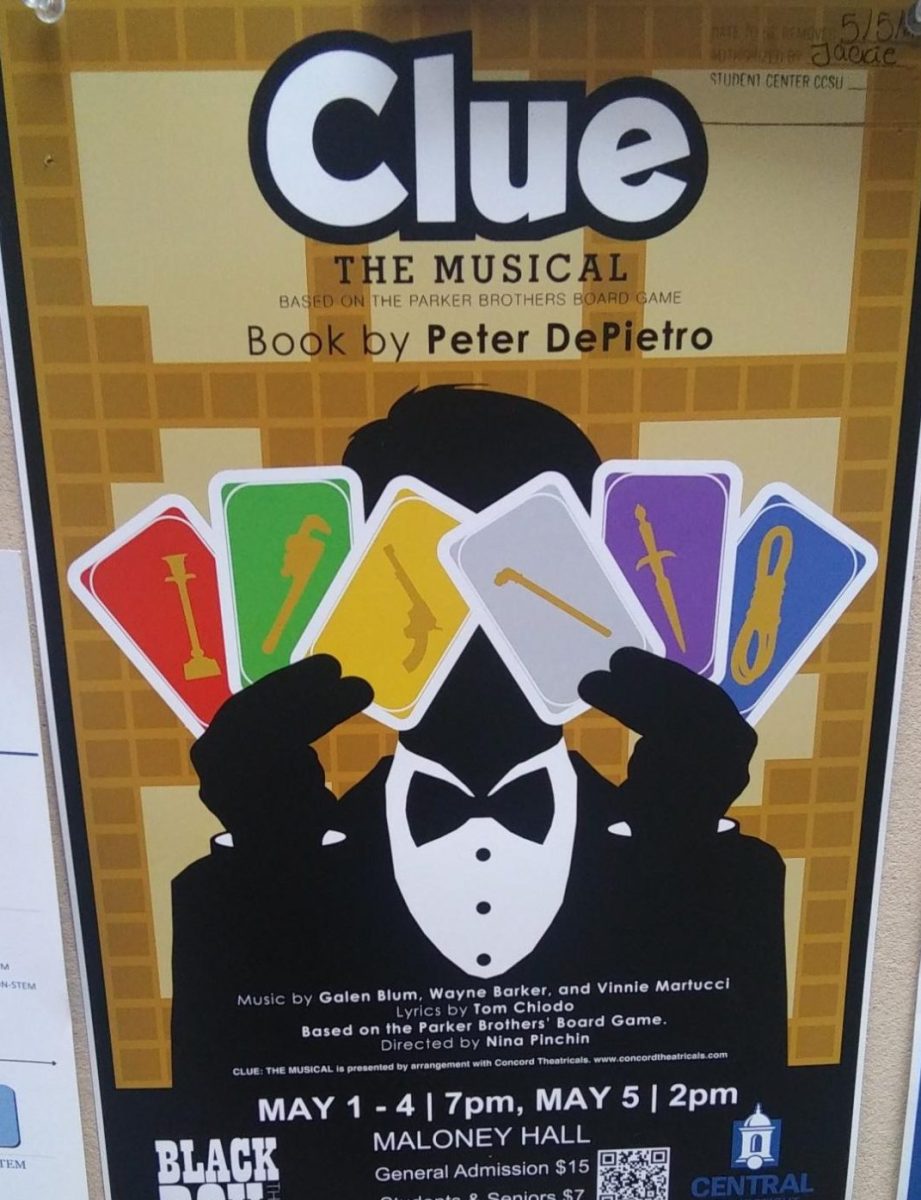College Kids Should Not Pay More For Textbooks
September 7, 2018
With the average college student having spent nearly $500 a semester on textbooks, according to the College Board, there is no debate that course materials are just another hefty hit for students around the country.
Even those who receive grants, scholarships and loans typically end up continuing to struggle to pay for textbooks, as most, if not all of that money, will end up going towards tuition, fees and room and board. Additionally, outside the classroom, transportation, rent, food and other personal expenses are also other financial burdens that damage a students wallet.
Textbooks are not the only things that a student needs to break money out for. Being in college does not mean revolving one’s cash just around textbooks.
According to a 2014 report by CNBC, out of over 2,000 students from 150 campuses, 65 percent said they decided against buying a textbook because of its expense. With that, nearly half of the students also said the cost of books had an impact on how many and which classes they decided to take.
Out of all those students, 94 percent said they were concerned about their grade. Despite this, they still decided to risk their GPA rather than fork over their wallet.
What college campuses need to realize is that having to spend nearly $500 a semester on textbooks is hurting students, especially those living off-campus who are already forced to pay other added expenses.
Selling absurdly expensive textbooks sets students who are unable to afford them up for failure. This should not be the case. One college in Western New Jersey is already working to combat the high expense by introducing an online subscription service.
Instead of buying physical copies of individual textbooks, students pay a flat rate for unlimited access to all course and curriculum materials each year, according to a local New Jersey media outlet. And though the college has not set a price for textbook rentals yet, it states that they would be significantly cheaper. Ultimately, Central Connecticut should follow in their footsteps.
Not only would creating a system like the one in Western New Jersey benefit students price wise, it would also allow them to explore other course options to see if it strikes their interest.
However, if Central wants to continue its current model with students either ordering online or going into the bookstore, the prices need to be fair. Yes, the university does price match, but the practice of having students come in and asking for a lower price tag should not be the case. The lowest expense should be by default. A student should not have to tell the cashier that they found a textbook that’s listed at $150 on CCSU’s website for $75 on Amazon.
More than anything, college should be about pursuing an education and earning a degree, not drowning in textbook fees. Students already pay enough for tuition- books should not be an additional expense.





